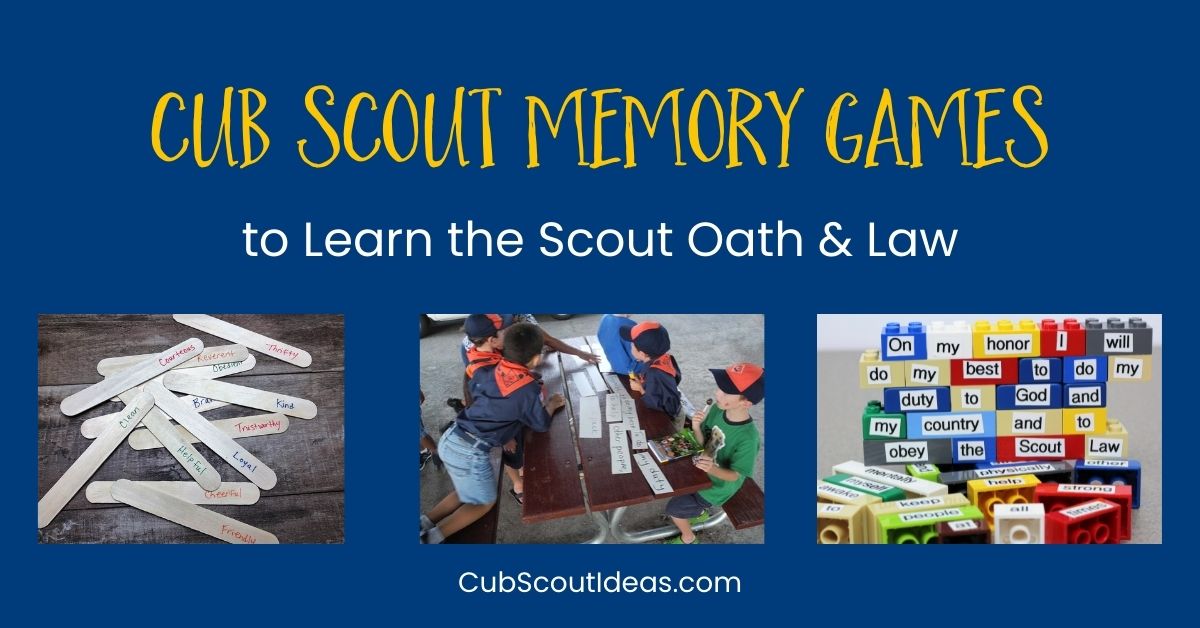Teaching the Scout Oath and Law doesn’t have to be a dry or tedious process. With the right approach, learning these essential principles can become an enjoyable and memorable experience. One effective way to teach the Scout Oath and Law is through interactive games. These activities not only make learning fun but also reinforce the key values and commitments of Scouting. In this blog, we’ll dive into several engaging games designed to help Scouts learn the Scout Oath and Law.
The Power of Interactive Games
Incorporating interactive games into Scout training is a powerful way and fun games to learn the Scout Oath and Law. Interactive games engage Scouts in a hands-on manner, making learning both fun and memorable. Games such as bingo or scavenger hunts involve active participation, which helps reinforce the principles of the Scout Oath and Law. By turning lessons into playful activities, Scouts are more likely to retain the information and understand its application in real-life situations. This method not only makes the learning process enjoyable but also ensures that Scouts internalize the values they are expected to uphold.
Role-Playing for Real-Life Application
Role-playing is also included in fun games to learn the Scout Oath and Law by bringing abstract concepts to life. Through role-playing scenarios, Scouts can act out situations that reflect different aspects of the Scout Oath and Law. For instance, a scenario might involve demonstrating how to be "helpful" in a challenging situation. This approach allows Scouts to practice and embody the values they are learning about, making the principles of the Scout Oath and Law more tangible and relevant. Role-playing helps Scouts understand how to apply these values in everyday interactions, enhancing their practical understanding of Scouting principles.
Musical Learning with Songs and Raps
Music is a powerful tool for memorization and can be effectively used to teach the Scout Oath and Law. By creating songs or raps that incorporate the principles of the Scout Oath and Law, Scouts can learn the material in a fun and engaging way. The rhythm and melody of a song can make the words more memorable, helping Scouts recall the Oath and Law more easily. This musical approach not only makes learning enjoyable but also reinforces the concepts through repetition and creativity. Singing or rapping about the Scout Oath and Law can turn memorization into an entertaining and collaborative activity.
Visual Learning Through Charades and Pictionary
Visual learning methods, such as charades and Pictionary, offer fun games to learn the Scout Oath and Law. These games require Scouts to visually represent different aspects of the Oath and Law, which helps them understand and remember the principles through imagery and action. For example, in charades, Scouts might act out the concept of being "trustworthy" without speaking, while in Pictionary, they might draw a picture that represents "loyalty." These visual and physical activities make abstract concepts more concrete, aiding in comprehension and retention of the Scout Oath and Law.
Physical Activity with Relay Races
Relay races that incorporate tasks related to the Scout Oath and Law provide a dynamic way to reinforce learning through physical activity. By combining running with tasks such as answering questions or demonstrating Scout Law principles, Scouts engage both their minds and bodies. Relay races add an element of competition and teamwork, making the learning process more exciting and engaging. This approach not only helps Scouts remember the Scout Oath and Law but also encourages them to work together and support one another in achieving common goals. Physical activities like relay races can transform learning into an active and collaborative experience.
Conclusion
Incorporating fun and interactive games into your lessons can make learning the Scout Oath and Law an enjoyable experience. Whether through bingo, scavenger hunts, role-playing, Jeopardy, charades, songs, Pictionary, or relay races, these activities help reinforce the key principles of Scouting in an engaging way. By making the learning process lively and dynamic, you ensure that Scouts not only remember the Scout Oath and Law but also understand and apply them in their daily lives. With these fun games to learn the Scout Oath and Law, Scouts can develop a deeper appreciation for the values that guide their actions. As you incorporate these activities into your training, you'll find that learning the Scout Oath and Law becomes an adventure in itself, filled with fun and meaningful experiences.





Comments